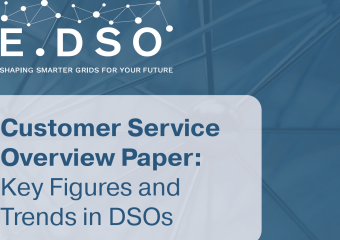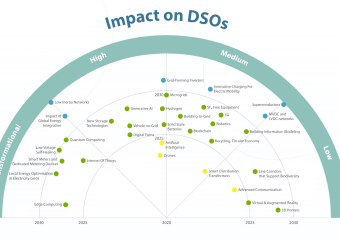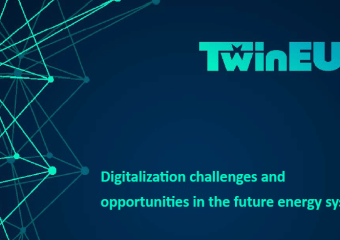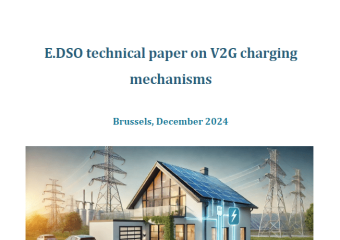Operational Planning and Scheduling (OPS) network code – EDSO reponse to ENTSO-E’s consultation
On January 7th 2013, EDSO for Smart Grids, in cooperation with other associations, released a joint response to ENTSO-E’s public consultation on the Operational Planning and Scheduling (OPS) network code.
The paper presents general considerations on the place of the DSO, the scope of the code, and focuses on the following items:
- Consistency among codes & need for clear definitions
The draft code is inconsistent with other network codes (RfG, CACM, DCC, OS) on a number of issues, including data exchanges. There is also a need to simplify and introduce coherence as regards existing definitions of different areas (market balance area, outage area, control area, responsibility area).
- DSOs should be properly considered in operational planning & scheduling as regards distribution network users and grid elements
TSO-connected DSOs need outage management information from the TSO, relevant neighbouring DSOs and significant users, including e.g. aggregators to maintain the security of the system they operate and support the overall system security, otherwise, DSO actions on their networks could inadvertently endanger cross-border exchanges.
- Information exchange between TSO-connected users and DSOs
The costs related to the obligations referred to in this Network Code which have to be borne by regulated Network System Operators shall be assessed by National Regulatory Authorities and compensated accordingly.
- Cost-recovery
Any new requirements and tasks set in this network code require additional costs and equipment. Network operators should be able to recover them.






